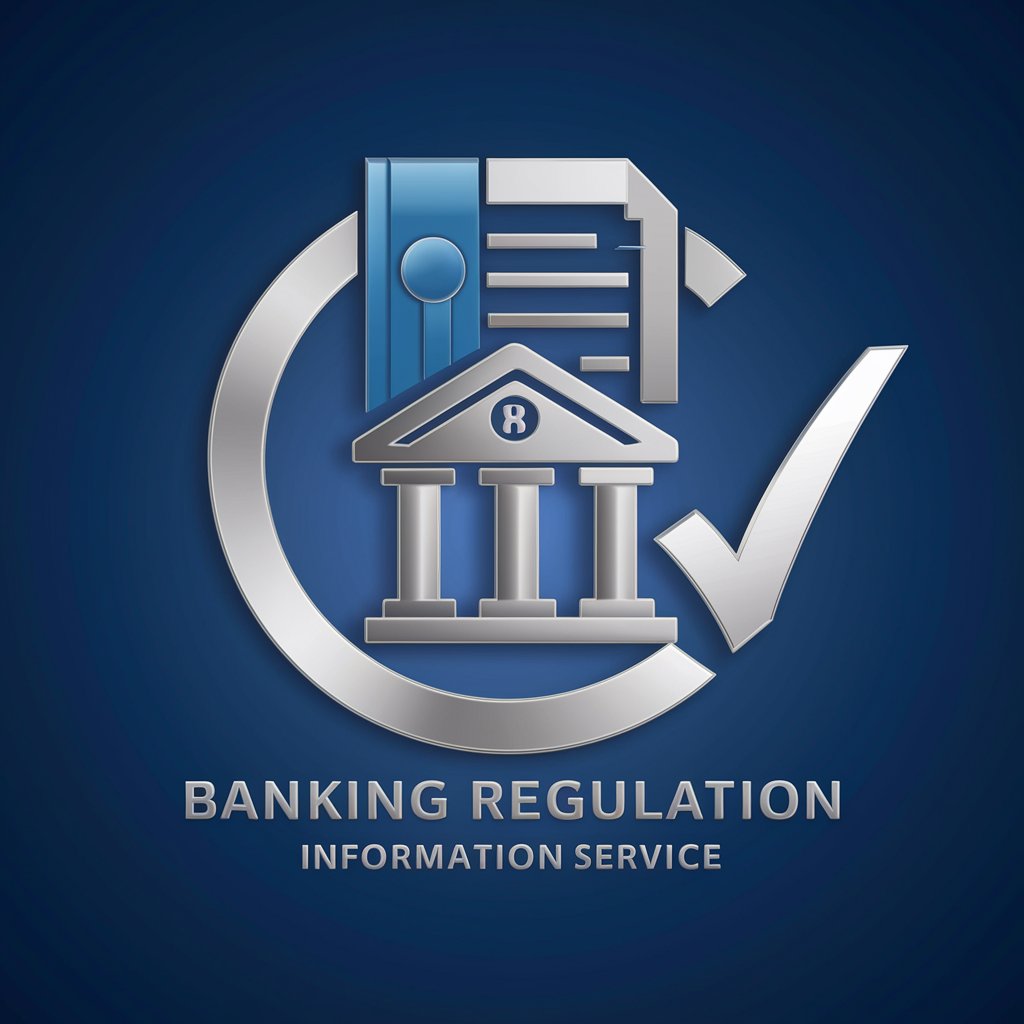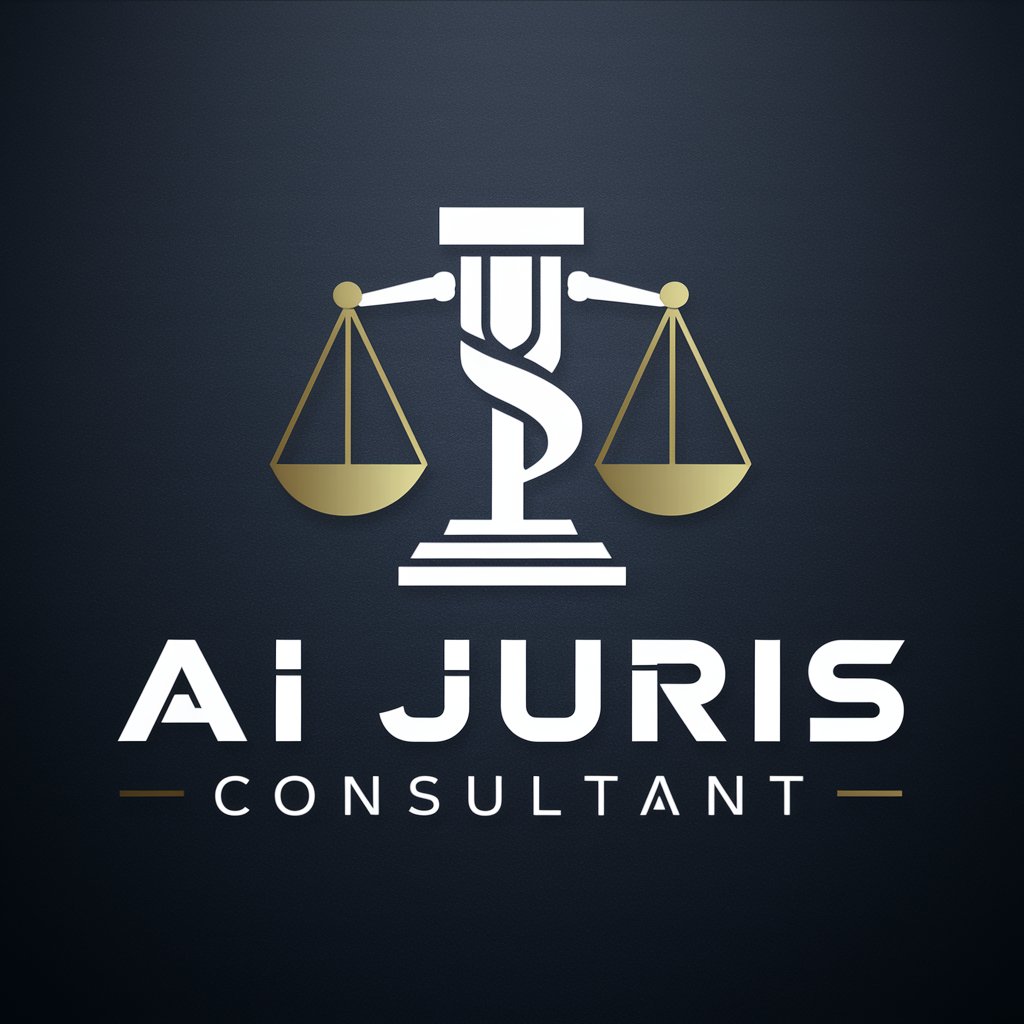Banking Regulation - Regulatory Insights & Compliance

Welcome! How can I assist you with banking regulations today?
Navigating Banking Regulations with AI
Can you explain the key aspects of the latest banking regulation update?
What are the compliance requirements for financial institutions regarding data protection?
How do recent changes in banking laws impact small businesses?
What are the primary responsibilities of a bank's compliance officer?
Get Embed Code
Introduction to Banking Regulation
Banking regulation encompasses the set of rules, standards, and practices designed to ensure the integrity, stability, and safety of the banking system. It serves to protect depositors, maintain fair and efficient markets, and reduce systemic risk. The purpose of banking regulation is multifaceted, aiming to prevent bank failures, promote financial stability, and foster economic confidence. For example, capital adequacy requirements mandate that banks hold a certain percentage of their assets as capital, a buffer to absorb potential losses. This is crucial in preventing insolvency and maintaining public trust. Scenario-wise, during the 2008 financial crisis, regulatory weaknesses were highlighted as banks with insufficient capital struggled, leading to significant reforms aimed at strengthening regulatory frameworks globally. Powered by ChatGPT-4o。

Main Functions of Banking Regulation
Ensuring Financial Stability
Example
Implementation of Basel III standards
Scenario
To mitigate the risk of another financial crisis, regulators worldwide adopted Basel III, introducing stricter capital requirements and new regulatory standards on bank liquidity and leverage. These measures aim to ensure that banks are more resilient to shocks from financial and economic stress.
Protecting Consumers
Example
Enforcement of the Truth in Lending Act (TILA)
Scenario
Regulators ensure banks provide consumers with clear and accurate information about loan terms and costs, preventing deceptive practices. This was evident when a major bank was fined for misleading advertising related to mortgage rates, highlighting the role of regulation in consumer protection.
Preventing Financial Crimes
Example
Compliance with the Anti-Money Laundering (AML) regulations
Scenario
Banks are required to have robust systems and controls in place to detect and report suspicious activities. A notable case involved a bank that faced significant penalties for failing to maintain an effective AML program, underscoring the importance of regulatory compliance in combating financial crime.
Promoting Fair and Efficient Markets
Example
Regulation on insider trading and market manipulation
Scenario
Regulatory bodies actively monitor trading activities to detect and prevent illegal practices such as insider trading and manipulation, ensuring that markets operate fairly and transparently. A recent investigation into market manipulation led to heavy fines for involved parties, demonstrating regulatory commitment to market integrity.
Ideal Users of Banking Regulation Services
Financial Institutions
Banks, credit unions, and other financial entities use banking regulation services to navigate the complex regulatory environment, ensuring compliance with local and international laws. This aids in risk management and operational stability.
Regulatory Bodies and Policymakers
These entities rely on banking regulation insights to craft effective policies and oversee the banking sector. Their goal is to maintain financial stability, protect consumers, and foster economic growth.
Consumers and Businesses
Both individual consumers and businesses benefit from banking regulation services by gaining an understanding of their rights and protections under the law. This knowledge helps them make informed financial decisions and recognize fair practices.
Legal and Compliance Professionals
Professionals specializing in financial law and compliance depend on in-depth knowledge of banking regulations to advise their clients or employers, ensuring adherence to the latest regulatory changes and minimizing legal risks.

How to Use Banking Regulation
1
Start by visiting yeschat.ai for a complimentary trial, which requires no login or ChatGPT Plus subscription.
2
Navigate to the Banking Regulation section to access a wide range of resources on financial compliance and banking regulations.
3
Utilize the search functionality to find specific information or updates related to banking laws, regulatory changes, and compliance guidelines.
4
Engage with interactive tools and resources to deepen your understanding of banking regulations, including quizzes, case studies, and regulatory updates.
5
For optimal experience, regularly visit the platform for the latest in regulatory changes, and consider setting up alerts for updates in your area of interest.
Try other advanced and practical GPTs
I am Groot
Turn photos into Groot with AI

Dream Weaver
Unravel Your Dreams with AI

Angular
Build dynamic, efficient web applications.

Marketing Dominator
Elevate Your Marketing with AI Intelligence

HasanGPT
Ignite the Debate with AI-Powered Commentary

June
Unveiling June's Rich Tapestry with AI

Trivia Millionaire Quest
Elevate your trivia game with AI

!AI Juris Consultant!
Empowering legal decisions with AI-driven insights.

PokePal
Discover Your Pokémon Companion

Gulf Pharma Guide
Unlocking Allopathic Drug Insights with AI

Mock Master
Ace Your Interview with AI-Powered Insights

Captain Nemo
Embark on Knowledge Adventures

Frequently Asked Questions about Banking Regulation
What is Banking Regulation?
Banking Regulation encompasses the laws, guidelines, and procedures that govern banking operations, ensuring financial stability, protecting consumers, and fostering healthy competition among banks.
How can Banking Regulation help in compliance?
Banking Regulation provides up-to-date information on regulatory changes, compliance requirements, and best practices, assisting institutions in adhering to legal standards and avoiding penalties.
What are the benefits of staying updated with banking regulations?
Staying informed helps institutions manage risks, maintain customer trust, and navigate the complex regulatory environment effectively, ultimately safeguarding their reputation and operational integrity.
Can Banking Regulation assist with global banking laws?
Yes, it offers insights into international regulatory frameworks, helping banks comply with laws across different jurisdictions and manage the complexities of cross-border operations.
How does Banking Regulation adapt to changes in the banking industry?
It continuously updates its resources and tools based on the latest regulatory developments and industry trends, ensuring users have access to current and relevant information.
